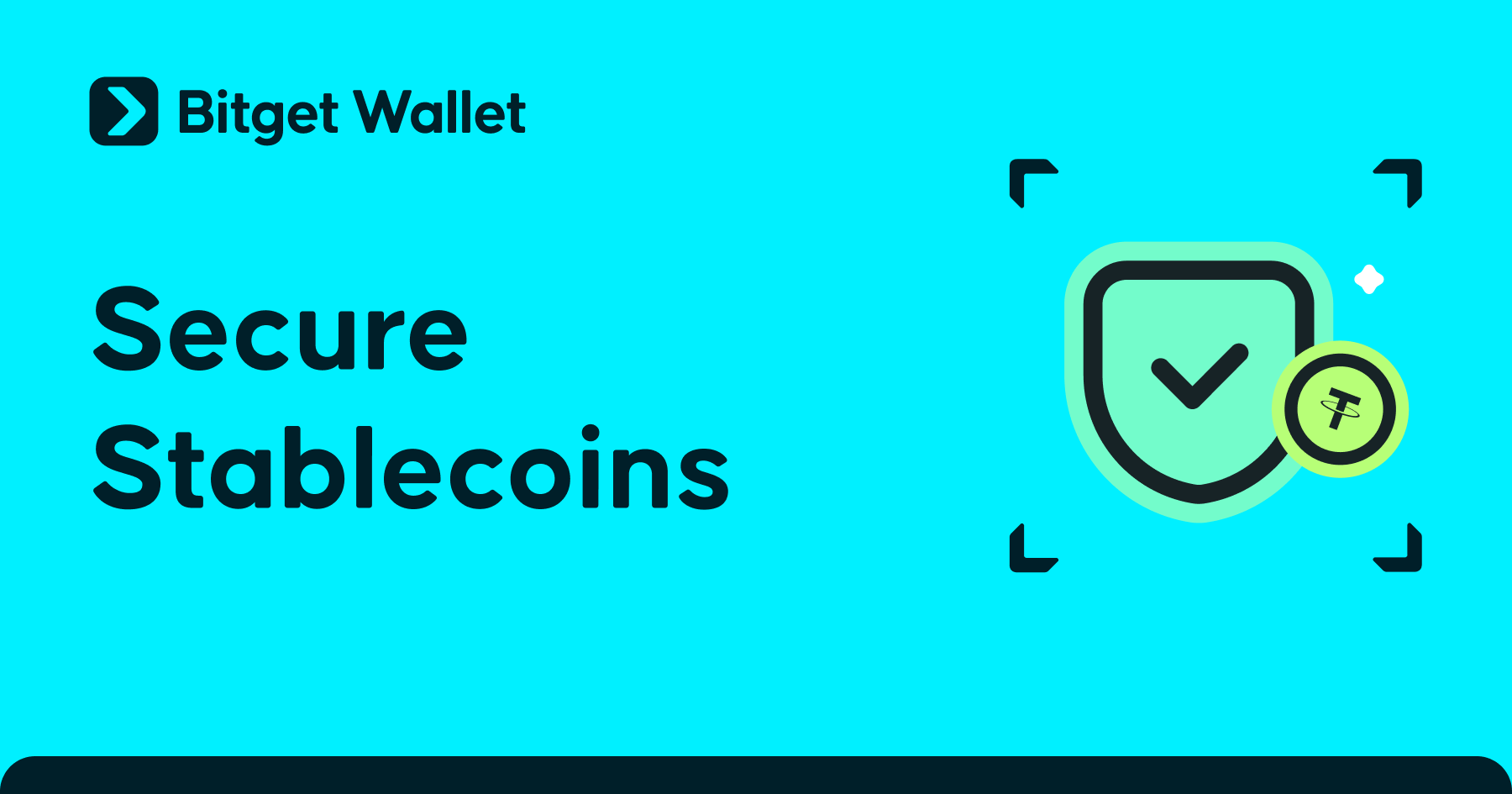Crypto Exchange vs. Crypto Wallet 2025: What’s the Difference and Which Should You Use?
Should you trade or store? The answer lies in knowing the right tool — a seemingly simple question but a difficult problem for many people in the crypto world. As cryptocurrencies become more popular, choosing between "short-term profit taking" or "long-term investment" becomes an important decision, whether you are a beginner or an experienced trader. Whether you like to surf the market fluctuations, or just want to be assured with a long-term holding strategy, understanding the difference between an exchange and a crypto wallet is the key to protecting your assets and optimizing profits.
In this article, we will analyze from A to Z: how these two tools work, their pros/cons, and most importantly — when to use an exchange, when to use a wallet. From there, you will confidently choose the most suitable direction for your crypto journey!
What Is a Crypto Exchange?
A crypto exchange is an online platform that allows you to buy, sell or exchange cryptocurrencies such as Bitcoin, Ethereum... Simply put, it acts as an intermediary: connecting buyers and sellers, and collecting a small fee every time a successful transaction. In addition, many exchanges also provide services such as margin trading, staking (locking profits), or support for converting cash into cryptocurrency.
Types of exchanges
- Centralized Exchange (CEX)
CEX is operated by a specific company or organization. To use, you need to register an account, verify your identity (KYC), then deposit money (cash or cryptocurrency) into the exchange's wallet. Typical examples are Binance, Coinbase, or Bitget. - Decentralized exchange (DEX)
DEX operates on blockchain, with no third-party management. You connect your personal wallet directly (e.g. via WalletConnect) and trade "peer-to-peer" – everything is handled automatically on the blockchain.
For example, Bitget Wallet is a non-custodial wallet that allows users to seamlessly connect to decentralized exchanges (DEXs), manage their digital assets securely, and trade directly without giving up ownership of their funds.
Through Bitget Wallet, users can access a wide range of DeFi services, swap tokens across different blockchains, and interact with decentralized applications (dApps) — all while maintaining full control over their private keys.
Typical User Experience of Crypto Exchanges
-
Registration & KYC:
Create an account and submit identity documents for compliance. -
Deposit Funds:
Link a bank account or credit card for fiat deposits, or transfer crypto from an external wallet. -
Trading Pairs:
Choose from hundreds of trading pairs (e.g., BTC/USDT, ETH/BTC) based on market liquidity. -
Order Types:
Place market, limit, stop-loss, or advanced orders depending on your strategy. -
Withdrawal:
Withdraw funds back to your bank or an external wallet when you’re ready.
Exchanges excel in liquidity and convenience but require trust in a third party to hold and secure your assets.
What Is a Crypto Wallet?
A crypto wallet is like a “digital wallet” that helps you store coins/tokens. It can be a mobile app (soft wallet) or a physical device like a USB (hard wallet), but the key point is that it stores your private keys — the thing that determines ownership of your assets on the blockchain.
Types of Crypto Wallets
- Hardware Wallets
Hardware wallets are physical devices (e.g., Ledger, Trezor, Tangem) that store private keys offline. They provide top-tier protection against hacks and malware, making them ideal for long-term storage. Though less convenient for frequent use, they offer unmatched security. - Software Wallets
Software wallets run on desktops, mobile apps, or browser extensions. Examples include Bitget Wallet, MetaMask, and Trust Wallet. They strike a balance between convenience and security, supporting features like token swaps and dApp access, making them suitable for everyday use. - Paper Wallets
Paper wallets are physical printouts of your public and private keys, often in QR form. They’re safe from online attacks but prone to physical loss or damage. While rarely used today, they serve as a basic form of cold storage.
Wallet Address & Private Key Overview
-
Public Address:
A shareable alphanumeric string used to receive crypto, similar to a bank account number. -
Private Key / Seed Phrase:
A secret code that gives full control over your assets. Store it offline and never share it—whoever holds it, owns the funds.
Wallets give you self-custody, meaning you are the sole steward of your keys and, by extension, your crypto.
Read more: What Is a Crypto Wallet? A Beginner’s Guide to Digital Assets
Key Differences: Crypto Wallet vs Crypto Exchange
To give you a comprehensive overview, below is a detailed comparison table between the two types of wallets.
| Criteria |
Crypto Exchange |
Crypto Wallet |
| Functionality |
Trading and conversion of assets |
Secure storage and management of private keys |
| Security Model |
Custodial (platform holds funds and keys) |
Self-custodial (user holds private keys) |
| Control |
Platform-managed |
User-owned keys |
| KYC Requirements |
Mandatory for centralized exchanges |
None (except for certain custodial wallet providers) |
| Liquidity & Access |
High liquidity, fiat on-ramps, advanced trading features |
Access to DeFi and dApps, but no direct trading or liquidity |
| Ideal Use Case |
Active traders, quick swaps, margin/derivatives |
Long-term holders, security-focused users |
By comparing these criteria, it’s clear that exchanges and wallets serve complementary purposes rather than competing roles.
When to Use a Crypto Wallet or Crypto Exchange:
Real-Life Use Cases
Choosing between a crypto wallet and an exchange depends on your goals and how you manage your assets. Below are three common scenarios to help you decide—or combine both for optimal results.
1. Short-Term Trading: Use an Exchange
If you’re into day trading, swing trading, or "surfing the waves" of price fluctuations, exchanges like Binance or Bitget are your go-to tools. These platforms offer:
-
High liquidity for quick buy/sell orders.
-
Advanced tools like limit orders, stop-losses, and margin trading.
-
Easy fiat deposits/withdrawals and real-time price updates.
For traders needing speed and flexibility, exchanges are essential "weapons" to capitalize on market movements.
2. Long-Term Holding: Choose a Wallet (Especially Hardware)
If you’re a "HODLer" (holding assets long-term), a hardware wallet like Ledger or Trezor is your safest bet. Why?
-
Private keys are stored offline, minimizing risks of hacks or exchange collapses.
-
Full control over your assets—no worries about frozen accounts or platform instability.
Even in a market "storm," a hardware wallet acts like a reliable "vault" for your crypto.
3. Hybrid Strategy: Balance Flexibility and Security
Savvy users often split their assets:
-
Keep a portion on exchanges for trading, staking, or quick profit-taking.
-
Store the majority in a hardware wallet for maximum safety.
This approach lets you leverage exchange conveniences while minimizing risks.
Conclusion
Crypto Exchange vs. Crypto Wallet
In conclusion, crypto exchanges are ideal for those who frequently buy, sell, and convert assets quickly while utilizing advanced trading tools. They provide high liquidity, fiat on-ramps, and a smooth trading experience. On the other hand, crypto wallets are the best choice for securely storing assets long-term, giving you full control over your private keys and protecting your assets from third-party risks.
Both tools serve different purposes but complement each other perfectly: exchanges for trading and flexible capital management, while crypto wallets secure your wealth and enhance personal security.
Use Both for Maximum Security & Flexibility
The best strategy is to combine both: use exchanges for fast market access, flexible trading, and financial tools, while storing the bulk of your assets in a crypto wallet—especially reliable solutions like Bitget Wallet—to ensure security and self-custody.
Integrating both tools into your investment workflow allows you to maintain liquidity when needed, while ensuring maximum protection for your digital assets. This approach provides a smart and sustainable path forward in the crypto world.
Why Bitget Wallet Is the Ideal Choice?
An ideal crypto wallet should offer asset control, multi-chain support, and a user-friendly experience. Bitget Wallet not only meets these criteria but also elevates the user experience in the Web3 space.
-
Non-custodial control ensures you hold your own private keys.
-
Multi-chain support across 130+ networks (EVM, Solana, Cosmos, etc.) empowers you to manage diverse assets seamlessly.
-
DeFi & DApp integration via WalletConnect 2.0 fosters secure, end-to-end encrypted interactions without exposing your seed phrase.
-
User-friendly design appeals to both beginners and seasoned traders alike.
Whether you're HODLing or swapping, Bitget Wallet gives you the flexibility, security, and control every modern crypto user needs. Ready to take full ownership of your crypto journey? Download Bitget Wallet today and experience seamless, secure, and decentralized trading at your fingertips.
FAQs
1. What is the difference between a crypto exchange and a crypto wallet?
A crypto exchange is a marketplace for you to buy, sell, and trade coins (like Bitget). A crypto wallet (for example Bitget Wallet) is a place to store assets — where you hold your private keys and manage your coins without going through an intermediary.
2. Is using a crypto wallet safer than an exchange?
Yes! Especially with a decentralized wallet like Bitget Wallet, you own your own private keys. No one has the right to touch your coins, so you don't have to worry about being hacked or the exchange "evaporating" like many previous scandals.
3. Should you use both an exchange and a crypto wallet?
Even better! Balance between risk and convenience:
-
Crypto exchange: Swing trading, quick order placement, access to a variety of coins.
-
Crypto wallet: Store important coins (BTC, ETH...) for a long time, as safe as gold in a safe.
-
Pro tip: Use the exchange to make a profit, the wallet to "keep your money" — don't put all your eggs in one basket!
Risk Disclosure
Please be aware that cryptocurrency trading involves high market risk. Bitget Wallet is not responsible for any trading losses incurred. Always perform your own research and trade responsibly.
- What Is Crypto Fear and Greed Index: How Traders Read Fear vs Greed Signals2025-11-19 | 5 mins
- How to Pay with Crypto: Fast, Safe, and Beginner-Friendly Method2025-11-18 | 5 mins
- How to Convert Your Crypto to Cash: 5 Easy Ways for Beginners2025-11-18 | 5 mins


















